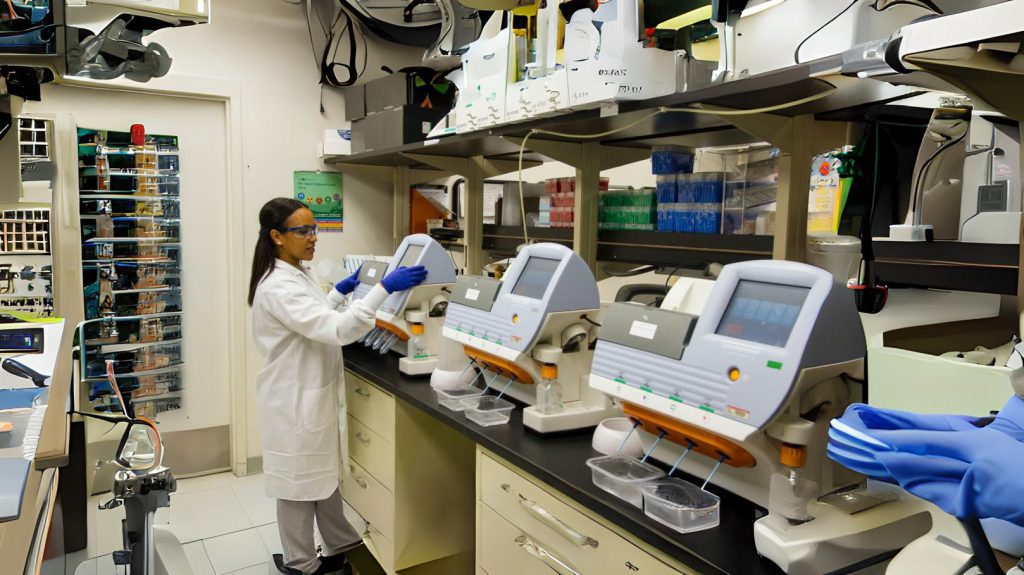One of the first in vivo gene therapies, Roche’s Luxturna, can create a short-term immune response in the liver that must be treated by steroids. Questions still exist around giving a patient with previous exposure to AAV viruses a further dose through gene therapy. Similarly studies such as Sangamo’s 2018 trials have failed to demonstrate clinical benefit for patients.
In light of these issues regulatory agencies are constantly changing and adapting to the new environment. New guidance is constantly being produced, with the EMA and FDA working more closely together to ‘avoid digressions between the two’.
Creating CGTs is an extremely complex process. Due to the need to use biological materials, manufacturing must ensure very high quality throughout the production. This in turn requires expensive equipment and technical expertise, something many labs – especially smaller companies – lack. While companies often turn to contract manufacturing organisations (CMOs) to provide these functions, they are now considerably overburdened by the number of therapies heading towards trials.
This issue is made worse by organisations’ need to change and update their processes for greater returns, which strains the ability to keep their products consistent and efficacious.

Automation is the tool of the near future that can change this. With the ability to standardise processes to a regulatorily satisfactory manner, remove human error and increase efficiencies across the manufacturing chain, automation would immediately increase the ability of regulators to work with CGTs and approve life-saving therapies. Companies are certainly implementing small-scale automation in their companies: but it is clear that full automation of CGT manufacturing cannot come fast enough.
The EMA also updated its frameworks in 2018, changings its guidance on design, manufacture, characterisation and testing of delivery mechanisms.
new therapies sent to them for approval. With estimates suggesting that by 2021 over a thousand CGTs will be expecting regulatory approval, this seems a genuine concern that so far has no solution.





